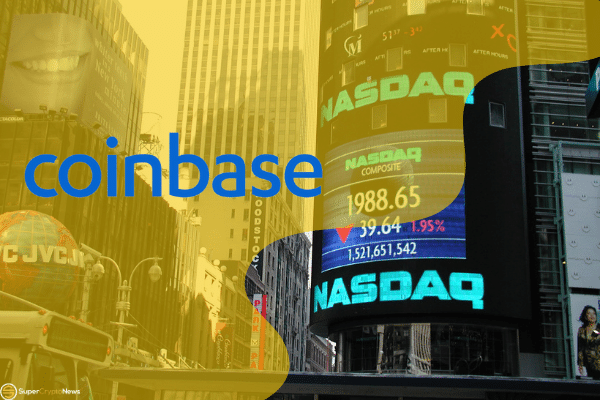In a series of surveys conducted in Canada and the United Kingdom, it has come to light that skepticism towards central bank digital currencies (CBDCs) remains prevalent in these jurisdictions. The surveys, conducted by Trezor and WealthRocket, shed light on the reservations held by individuals in both countries regarding the widespread adoption of CBDCs as a replacement for traditional cash.
Within Canada, WealthRocket’s study of 1,500 respondents revealed that approximately 39% expressed concerns over potentially losing control of their finances if CBDCs were implemented.
Many individuals fear that granting unilateral control of their money to the government may compromise their financial autonomy, leading to apprehension about embracing CBDCs fully. The survey further highlighted that 59% of Canadians expressed a willingness to use CBDCs for payments, while 25% expressed no willingness at all.
Additional concerns raised by Canadians include the potential for fraud, cyber attacks, and the phasing out of physical cash. However, the Bank of Canada has reassured the public that paper bills will continue to be an integral part of the financial system, emphasizing the coexistence of CBDCs and traditional currency.
The potential benefits of CBDCs, such as safety and convenience, have also been highlighted by Canadians. The Bank of Canada has emphasized that a CBDC could safeguard the country’s economy against the growing influence of cryptocurrencies and CBDCs issued by other nations.
Across the pond in the United Kingdom, the Bank of England and HM Treasury have been actively exploring the possibility of a CBDC since 2021. The UK government has even mentioned the potential for a “digital pound” as a CBDC in a recent Consultation Paper, indicating progress in their research and development efforts.
However, a survey conducted by Trezor in the UK revealed that awareness and knowledge about CBDCs among the general public remain relatively low, especially compared to the crypto community. Although 55% of respondents had heard of the concept of the digital pound, their understanding of its potential impact remained limited.



